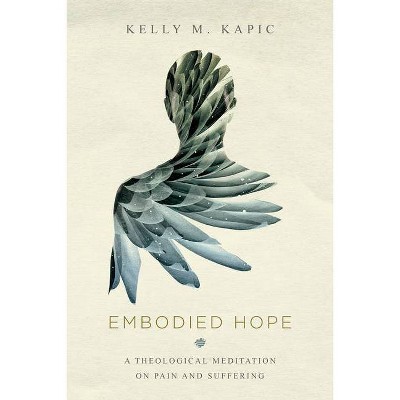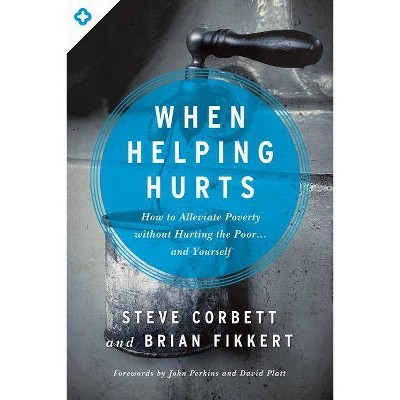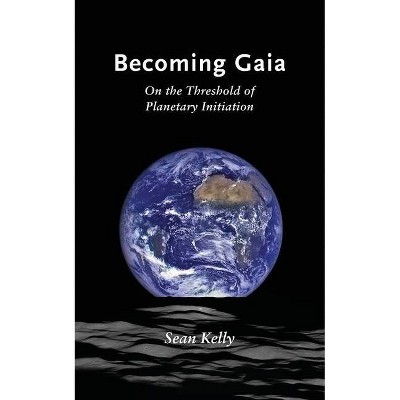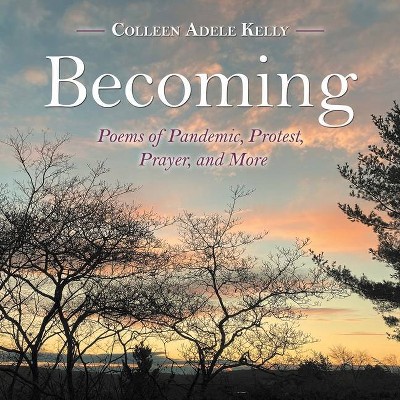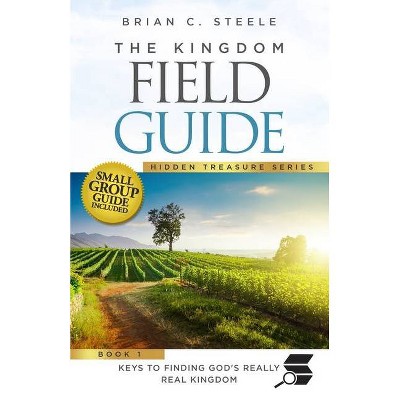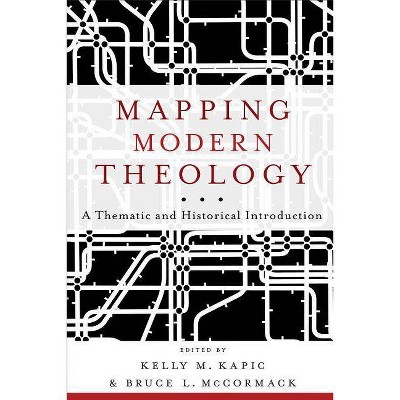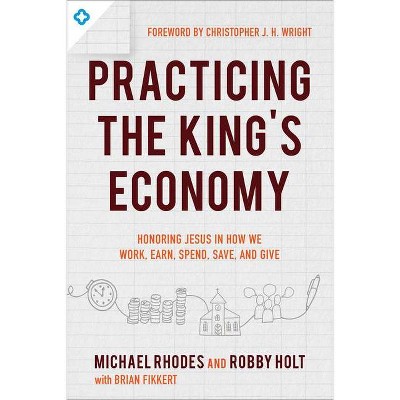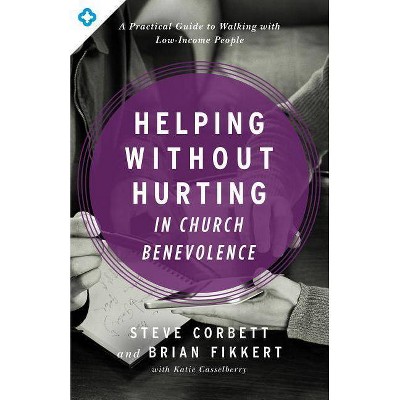A Field Guide to Becoming Whole - by Brian Fikkert & Kelly M Kapic (Paperback)
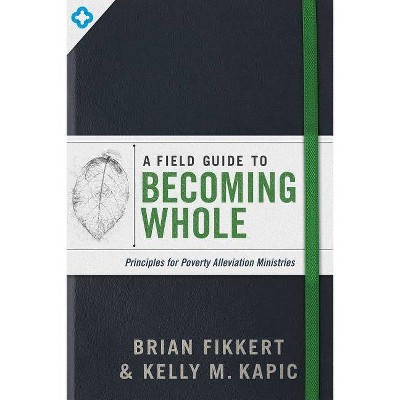
Similar Products
Products of same category from the store
AllProduct info
<p/><br></br><p><b> About the Book </b></p></br></br><p><b><i>You want to do better... but how?</i></b></p><p>We've Christianized the American Dream, and it's tearing us apart. And in <i>Becoming Whole, </i>authors Brian Fikkert (coauthor of <i>When Helping Hurts</i>) and Kelly M. Kapic teach reader's how God's story of change should shape a poverty alleviation ministry from the ground up. But sometimes you just want to know, "Am I doing this right?" That's why <i>A</i><i>Field Guide to Becoming Whole </i>was written, great as a standalone read or a companion to the first book. You'll walk through 19 ministry design principles that every poverty alleviation ministry should think through. Whether you're just getting started or have been doing work for centuries, it will help you re-evaluate how to approach the everyday decisions of ministry. Get the practical help you need with the thoughtfulness you trust in <i>A Field Guide to Becoming Whole</i>. </p><p/><br></br><p><b> Book Synopsis </b></p></br></br><p><b>This is not a how-to manual... (it's a field guide)</b></p><p>We all want to know, "How can I help without hurting in this specific situation?" But there's no one answer, and there's definitely no short cuts, but there are key principles--or ministry design principles. </p><p>Think of these like the rules an improvising actor learns--the principles are crucial--but the actor must decide how to put them into practice based on the complexities of the situation.</p><p>This book contains and explicates 20 ministry design principles developed over decades of observing, studying, and experimenting. They're in no way perfect, but they represent the very best ideas we have to date for how to do effective poverty alleviation in the kingdom of God. </p><p/><br></br><p><b> From the Back Cover </b></p></br></br><p><b>This is not a how-to manual... (it's a field guide)</b></p><p>When we serve people who are materially poor, we often want <i>the</i> formula. We want to know, "How can I help without hurting in this <i>specific</i> situation?" In reality, there is no one-size-fits-all recipe. Each low-income person and community is unique. </p><p>The good news is that there are key principles that do apply to every situation. And better yet, we are not alone: the Triune God is with us, guiding us each step of the way and actively working to accomplish His grand story of healing and restoration.</p><p>This <i>Field Guide</i> builds on the ideas of <i>Becoming Whole: Why the Opposite of Poverty Isn't the American Dream</i> to unpack Ministry Design Principles developed over decades of observing, studying, and testing. No, these principles will not answer every single question, but they do provide valuable guidelines as you seek to live into God's story in your particular context. </p><p/><br></br><p><b> About the Author </b></p></br></br><b>DR. BRIAN FIKKERT</b> (PhD, Yale University) is the Founder and President of the Chalmers Center at Covenant College, where he has also served as a Professor of Economics and Community Development since 1997. He has published numerous articles in academic and popular journals and is co-author of six books, including the best-selling <i>When Helping Hurts: How to Alleviate Poverty without Hurting the Poor...and Yourself</i>. Brian and his wife, Jill, have three adult children. <p/><b>DR. KELLY M. KAPIC</b> (PhD King's College, University of London) is professor of theological studies at Covenant College in Lookout Mountain, Georgia, where he has taught since 2001. He has written and edited numerous books, including <i>Embodied Hope: A Theological Meditation on Pain and Suffering</i>, which won the Book of the Year Award from <i>Christianity Today</i> in the category of Theology and Ethics.
Price History
Price Archive shows prices from various stores, lets you see history and find the cheapest. There is no actual sale on the website. For all support, inquiry and suggestion messages communication@pricearchive.us
